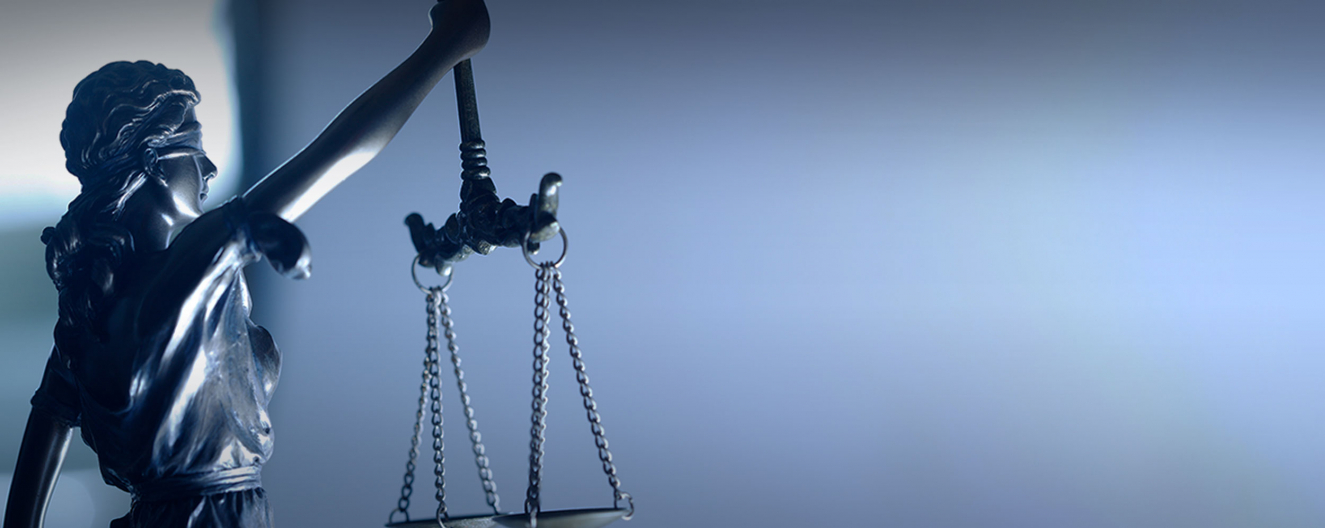Challenge to Coronavirus-Related Executive Orders Issued by Maryland Governor
On May 20, 2020, the United States District Court for the District of Maryland upheld Governor Larry Hogan’s Executive Orders that were issued in an effort to stop the spread of COVID-19 in Maryland. A motion challenging the orders was filed by several plaintiffs including religious leaders who argued that the orders infringe on their right to the free exercise of religion, veterans and legislators who argued that the orders infringe on their right to freedom of speech and assembly, and “non-essential” businesses who argued that the orders violate the commerce clause of the Constitution. Judge Catherine C. Blake denied the motion and found that “Governor Hogan, exercising the powers given to him by the legislature in the face of the COVID-19 crisis, has made reasonable choices informed, if not dictated by, such data, science, and advice.”
Governor Hogan first declared a state of emergency on March 5, 2020 following Maryland’s first reported case of COVID-19. He subsequently issued a number of Executive Orders that restricted gatherings, closed certain businesses, and ordered Marylanders to stay at home with limited exceptions. Judge Blake noted that the evolution of the Executive Orders, “demonstrates a gradual tailoring of the prohibition based on the COVID-19 figures and how well the previous prohibitions were working.”
Judge Blake found that the Governor’s orders did not infringe on the plaintiffs’ rights to free exercise of religion under the First Amendment of the U.S. Constitution or Article 36 of the Maryland Declaration of Rights because the orders were neutral, restricted large gatherings without regard to the motivation of the conduct, and the orders still allowed for religious services through other means (i.e. “drive-in” services and virtual services). In denying the plaintiff’s claims of violation of their rights to freedom of assembly and speech, the Court pointed out that the orders did not amount to a prohibition against the content of speech, but instead were based upon time, place, and manner restrictions. Further, the orders allow “ample alternative channels for communication” and “avenues for the more general dissemination of a message.”
With respect to the challenges under the commerce clause, Judge Blake upheld the orders because “the putative local benefits of closing businesses deemed non-essential are to reduce interactions between individuals that could spread COVID-19,” and such benefits are “not clearly excessive.” Further, none of the orders regulate or prohibit interstate sales, and the distinction between essential and non-essential businesses is based on the goods or services it provides and on guidance by the Department of Homeland Security, not based on whether it is a large or small business.


